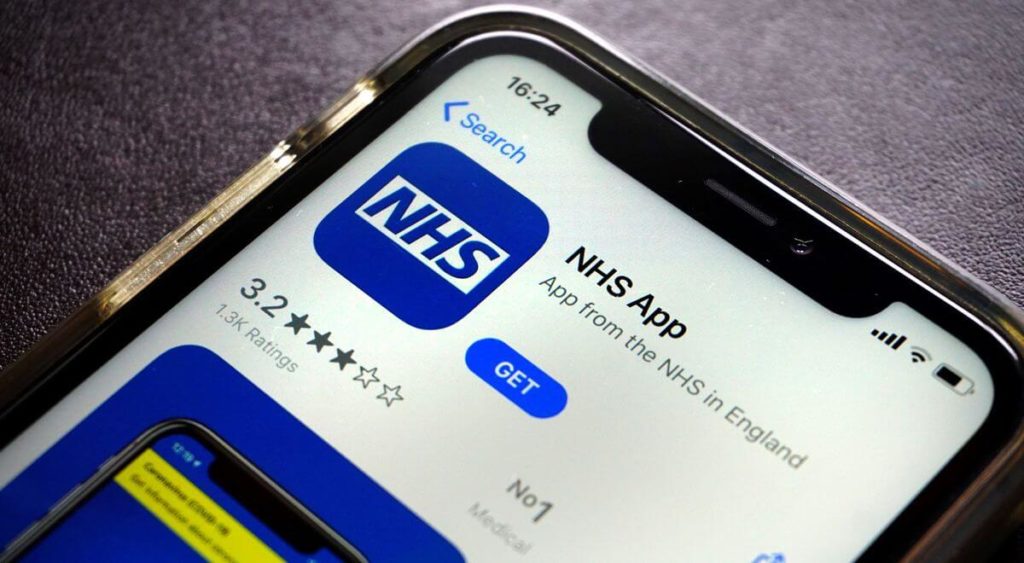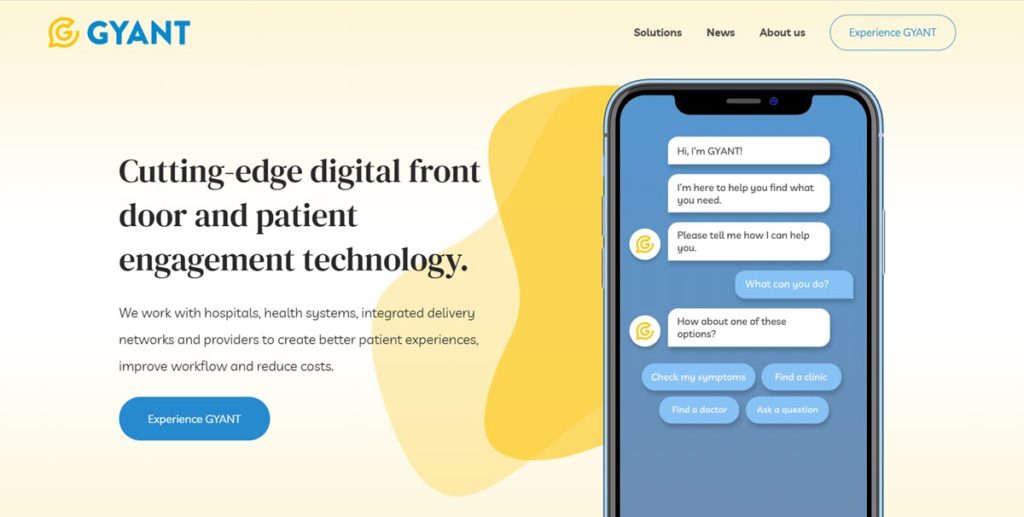With telemedicine providers seeing 50 to 175 times the number of patients they did prior to COVID-19, virtual healthcare is receiving increased interest from investors. Rafael Paniagua, Partner at TeleMedCare, explains why the market is so lucrative and gives 3 tips on how to invest wisely.
Healthcare has long been viewed as a hands-on industry. One where interactions happen in person. However, patient-doctor interaction is far from what it should or could be in most countries. Public health services worldwide have been coping with shortages of medical resources for quite some time. The pandemic has only exacerbated the issue.
A solution? Telemedicine and telehealth
Both US and Australian governments have already approved reimbursement for telemedicine consultations. The UK has followed suit, launching a coronavirus chatbot to deal with inquiries and reduce pressure on the NHS (National Health Service). In November, Germany also passed a law allowing doctors to prescribe health apps with costs reimbursed by insurers.

McKinsey estimates that telehealth will be a quarter trillion – that’s no typo – dollar opportunity, up from about $3 billion in US revenues pre-coronavirus. So, what does this mean for the healthcare industry and investment opportunities?
We spoke with Rafael Paniagua – Partner at TeleMedCare, member of Opportunity Network, and experienced international business executive – to find out his opinion on the matter.
How is telemedicine transforming healthcare?
“The healthcare industry is both a passion and a high impact opportunity – one that is imperative during the fight against the COVID-19 pandemic,” shares Paniagua. Prior to the pandemic, the CDC already highlighted an increase in the use of telehealth services by both HCP and patients. And with patients fully embracing the virtual era, it doesn’t look like telemedicine is going anywhere anytime soon. In fact, 83% of patients expect to use telemedicine after the pandemic resolves.
According to Paniagua, “it’s thanks to telemedicine that millions of people are still able to access their healthcare providers remotely, safely, and effectively.” Virtual health consultations are allowing people to seek treatment in the comfort of their own home, without the risk of contracting coronavirus. Not only that, but telemedicine also saves patients over 100 minutes of their time compared to an in-person visit.
Healthcare providers can also benefit from being situated in low-cost locations which would mean lower costs for health insurers. Also, by making healthcare more accessible, the cost of caring for chronic diseases can be reduced as in-person visits will only be used for the right reasons.

“Telehealth realizes $361 in savings per patient or $8566 total service cost savings compared with traditional in-home care programs over 6-months”
– PubMed Central
With the elderly at a higher risk of contracting COVID-19, Remote Patient Monitoring is serving as an effective and sustainable solution.
“Remote Patient Monitoring has kept nursing home residents’ and at-home chronic patients’ vital signals under strict control”, shares Paniagua. It allows our parents and grandparents to be cared for without the need for physical contact, giving both them and us peace of mind.
Public perception of Telehealth
One question being asked by many is whether people will prefer face-to-face medical attention once the vaccine has been fully rolled out and things return to normal. In a 2018 study, 89% of respondents were amenable to telemedicine for a routine physician visit, 70% said “yes” for a postoperative visit, and 67% agreed to telemedicine and telementoring as a way to be evaluated by a specialist.
In a more recent study conducted by Zebra, ‘The Future of Healthcare: 2022 Hospital Vision Study,’ results were also positive. Almost three-quarters of respondents said mobile technology had resulted in higher-quality patient care. While over 50% indicated that patient care also costs less when mobile technology plays a role.
A shocking 95% of patients said they were comfortable sharing health stats provided by wearables, and 77% thought the use of mobile devices in healthcare was a positive development. “In my opinion, remote care will be combined with face-to-face visits when required,” shares Paniagua, “virtual healthcare and telemedicine are here to stay. It is the most efficient way to use resources and time.”

Increased Investment Interest in Telemedicine
As all aspects of our lives become ever more digital, an increasing number of investors are becoming interested in the telehealth sector. Several virtual healthcare companies have successfully raised significant amounts of money. The Miaoshou Doctor platform which provides healthcare services through an online hospital and app as well as a drug purchase and distribution site in China is just one example. The company has secured $84 million in Series D financing, in a valuation that exceeds $1 billion.
In Russia, BestDoctor, a private health insurance platform has also raised $4.5 million. The platform offers 24/7 medical assistance and consultations, preventive care recommendations, and online support from its doctors. In the United States, the well-known health platform, Gyant, has closed a $13.6 million financing round. Gyant works with 24 hospitals and health insurers to improve communication and engagement between doctors and patients through the use of artificial intelligence.

Nowadays, it’s all about remote consultation platforms with real people behind them. “Digital Healthcare is revolutionizing the Healthcare industry to a more effective, more efficient, more affordable and universal industry,” mentions Paniagua.
3 Tips for Investing in Telemedicine
- Look for proven solutions, there are many available
Do not try to reinvent the wheel. Remote Patient Monitoring, health apps, and virtual health consultation platforms are proven to be cost-effective and necessary, both now and in the future. - Give high value to integrated solutions where the patient is the focus
According to a 2020 Sykes report, 23% of respondents said their biggest deterrent from making a future telehealth appointment was that they felt uncomfortable speaking with unfamiliar healthcare professional. Therefore, it’s critical that telehealth providers take the time to think through the patient journey and tailor their services accordingly. Invest in those that place a bigger-than-normal emphasis on their patients. - Telemedicine has to be affordable and available to everyone
Look for companies who have reconfigured the online experience to make it easy for anyone to access. For many, telemedicine is unfamiliar and requires the use of new technologies. Companies that focus on making it easily accessible, as well as affordable are much more attractive investments.

Rafael Paniagua
Partner at Telemedcare




